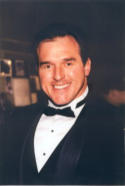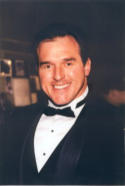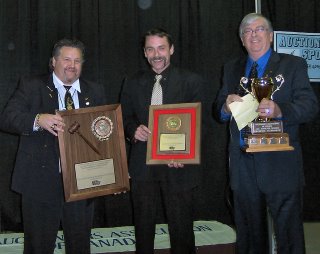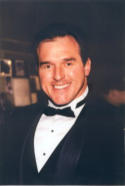Farm auction sparks more than one lesson
Mary Friedel-Hunt
Reflections
Their treasures were on sale. RS Prussia dishes, Seth Thomas clocks, antique dressers, old pots and tables were just a few of the many items being auctioned off at their farm. The yard was filled with what three ladies, now in their 90s, had collected throughout their lives. Much of what I saw was from Bavaria and Austria. Lovely collectibles, practical lawn mowers and antique tools sat in the morning light on a beautiful autumn day.
The hills surrounding the valley were aglow with fall colors muted by a slightly overcast day. Behind the house a herd of cows grazed peacefully. Outside of the experience of grazing in an incredible valley, they had collected nothing in their lifetimes.
As I wandered past tables piled high with their possessions, I wondered what these ladies thought as neighbors and strangers alike checked out their belongings. Had they let go to the point where they just smiled knowing these same items would someday be sold again and even again by those who were seeking a bargain at this rural sale.
People milled about drinking coffee and soda, chatting with neighbors, and carefully lifting china to see the markings on the undersides. Within a few minutes this friendly crowd of perhaps 200 people would enter into a competition to see who could get what they wanted at the lowest price.
Bidding went quickly. The auctioneer spoke rapidly as only auctioneers can, and suddenly a good number of old tools, Mason jars and a myriad of other things were sold to the highest bidders. I knew this auction would go on for hours and that happy new owners would walk away with irons, collectibles and dressers tucked safely in their cars and trucks. Some would adorn their homes, some would be sold on eBay, and others would sit in antique shops waiting for the next buyer. I wondered why so many older adults were buying what I knew their adult kids would just have to pack up and sell or give away in not too many years.
One thing was clear; the uniform for the day was blue jeans, gym shoes and caps. In Wisconsin one sees people dressed like this at Friday night fish fries, sometimes at the symphony, and always at farm auctions.
Auctions are fun. They are also sad. When a farmer, who tried to make a go of farming, can no longer survive and is forced to sell off his cows, tractors, tools, milking equipment, and sometimes the farm itself, these events have a cloud of pain hanging over them. Often the farmer and his family are sitting on their porch watching as their life goes to the highest bidder.
My husband, Bill, has gone to many auctions when he was looking to furnish a 10-room Victorian bed and breakfast in one chapter of his life. This was the first time I had ever ventured into this world. The first time I heard an auctioneer talk faster than my brain could take in. It was the first time I had seen someone's life for sale in the front yard of their home.
We stayed for about three hours and then determined that we needed to add nothing more to the collection of treasures that already adorned our home. Getting in touch with that reality made the trip worth while. Maybe that was the real reason we went: to learn that we needed nothing.
Mary Friedel-Hunt is a freelance writer and a licensed clinical social worker who has been a psychotherapist for 28 years. Her column runs weekly in WellBeing. You may contact her by writing to: P.O. Box 189, Lone Rock, WI. 53556
Web site www.mfriedelhunt.com






